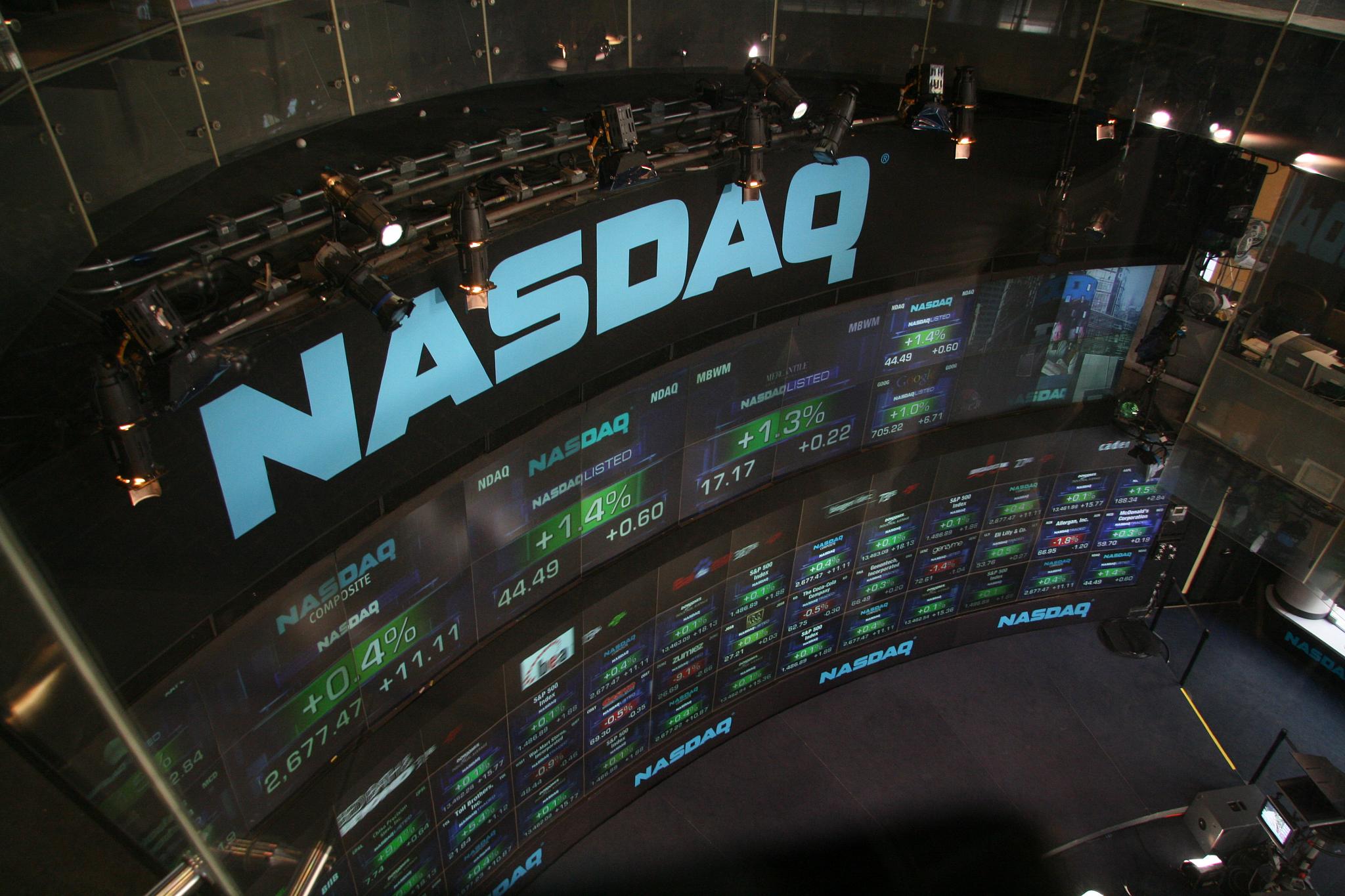As a result of yesterday's trading in the United States, the first significant decline in stock market indices this year was noted:
Dow Jones lost more than 300 points (–1.2%), the S&P 500 index lost 1.4%, and the Nasdaq lost 1.9%.
Analysts say that negative sentiments have returned to the stock exchanges, which caused several collapses at the end of last year. Investors are still concerned about slowdown of the world economy and problems in the trade relations of China and the United States. Only now negative sentiments have been added to them due to the prolonged shutdown in the United States and a record decline in China’s GDP growth in 2018.
Jeff Mills from PNC Financial Services on CNN said that now is the decisive moment that will show how Donald Trump is interested in his success in the 2020 elections and whether he can find a solution to the shutdown problem and resume trade negotiations with China. The analyst said that problems outside the United States actually quite clearly affect the US markets, since more than 40% of sales of goods and services of US companies that are in the S&P 500 index are on foreign markets. In addition, the analyst believes that growing populist sentiments and consequences to which they have already led, for example, the growing uncertainty around Brexit, are increasingly affecting investors.
Already on Wednesday, the nervousness of American investors passed on to the other side of the ocean.
Trading in Asia was characterized by instability, with the result that almost all key indices closed with a slight decrease (0.1–0.5%).
Only the Shanghai Composite Index showed an increase, although quite modest - by 0.05%. In an analytical note for investors, Alex Redman from Credit Suisse International noted that “we continue to warn against complacency about emerging market securities for a number of reasons: the change in sentiment in US monetary policy, the global economic instability that has reached record highs, growing concern about slowing economy in China."
source: bloomberg.com
Dow Jones lost more than 300 points (–1.2%), the S&P 500 index lost 1.4%, and the Nasdaq lost 1.9%.
Analysts say that negative sentiments have returned to the stock exchanges, which caused several collapses at the end of last year. Investors are still concerned about slowdown of the world economy and problems in the trade relations of China and the United States. Only now negative sentiments have been added to them due to the prolonged shutdown in the United States and a record decline in China’s GDP growth in 2018.
Jeff Mills from PNC Financial Services on CNN said that now is the decisive moment that will show how Donald Trump is interested in his success in the 2020 elections and whether he can find a solution to the shutdown problem and resume trade negotiations with China. The analyst said that problems outside the United States actually quite clearly affect the US markets, since more than 40% of sales of goods and services of US companies that are in the S&P 500 index are on foreign markets. In addition, the analyst believes that growing populist sentiments and consequences to which they have already led, for example, the growing uncertainty around Brexit, are increasingly affecting investors.
Already on Wednesday, the nervousness of American investors passed on to the other side of the ocean.
Trading in Asia was characterized by instability, with the result that almost all key indices closed with a slight decrease (0.1–0.5%).
Only the Shanghai Composite Index showed an increase, although quite modest - by 0.05%. In an analytical note for investors, Alex Redman from Credit Suisse International noted that “we continue to warn against complacency about emerging market securities for a number of reasons: the change in sentiment in US monetary policy, the global economic instability that has reached record highs, growing concern about slowing economy in China."
source: bloomberg.com





